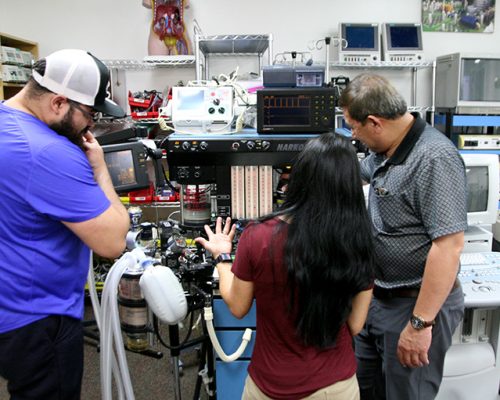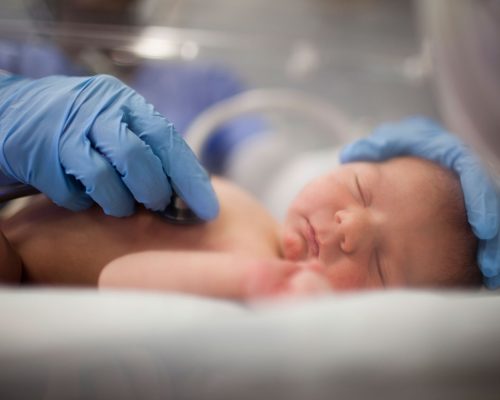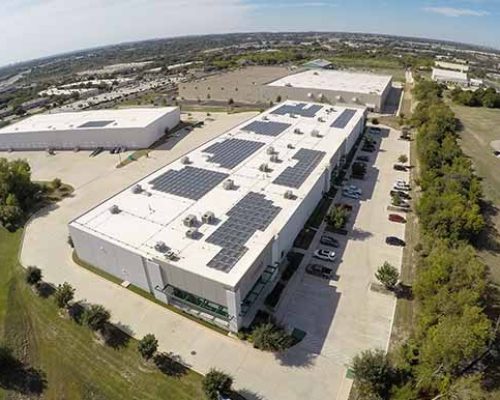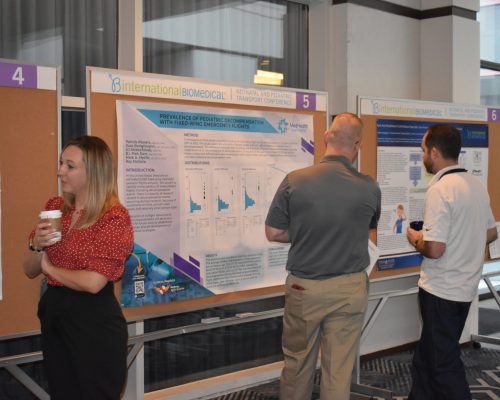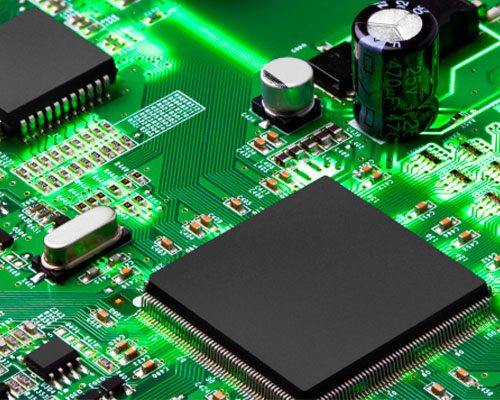In the Neonatal Intensive Care Unit (NICU), one of the most critical aspects of care for premature and critically ill infants is respiratory support. Many infants admitted to the NICU face challenges with underdeveloped lungs, which makes breathing difficult and requires specialized intervention. This is where ventilators play a crucial role. Ventilators are essential devices that help newborns breathe when they cannot do so effectively on their own. In this International Biomedical blog post, we’ll explore how ventilators work, the different types used in neonatal care, and their impact on improving outcomes for infants in need of respiratory support.
What Are Ventilators?
Ventilators are medical devices designed to assist or take over the process of breathing for infants who are unable to breathe adequately on their own. For premature infants, whose lungs are often not fully developed, ventilators can be life-saving. They work by providing consistent oxygen and removing carbon dioxide, ensuring that the infant’s body receives the necessary oxygenation to maintain organ function and promote growth.
Types of Ventilators Used in the NICU
In neonatal care, several types of ventilators are used, depending on the specific needs of the infant. The primary types include:
Conventional Mechanical Ventilators
These ventilators provide a set number of breaths per minute and help infants maintain proper oxygen and carbon dioxide levels. Conventional ventilators are commonly used for infants who need consistent breathing support.
High-Frequency Ventilators (HFV)
High-frequency ventilators, such as those used in advanced NICUs, deliver rapid, small breaths at a very high rate. This approach minimizes the risk of lung injury by using lower pressure while still providing effective oxygenation. HFVs are particularly useful for infants with severe respiratory distress or those with conditions that make conventional ventilation challenging.
Continuous Positive Airway Pressure (CPAP)
CPAP machines provide a gentle, continuous flow of air to keep an infant’s airways open. This is often used for infants who can breathe on their own but need a little extra support to keep their lungs expanded. CPAP is less invasive than mechanical ventilation and is often used as a step-down therapy as infants grow stronger.
How Ventilators Support Neonatal Development
The primary goal of using ventilators in neonatal care is to support infants until they are capable of breathing independently. By delivering precise amounts of oxygen and ensuring proper lung expansion, ventilators help prevent complications such as hypoxia (insufficient oxygen) or hypercapnia (excess carbon dioxide). Proper respiratory support is crucial for protecting the infant’s developing organs, especially the brain, which is highly sensitive to changes in oxygen levels.
International Biomedical’s ventilator solutions are designed to meet the unique needs of premature and critically ill infants. By offering precise control over oxygen delivery and lung pressure, these ventilators help minimize the risk of lung injury and other complications often associated with respiratory support. The emphasis on gentle ventilation is key to improving outcomes and ensuring that infants receive the support they need without unnecessary harm.
Challenges and Innovations in Neonatal Ventilation
Providing respiratory support to neonates is not without its challenges. One of the biggest concerns is the potential for lung injury due to the pressure and volume of air delivered by ventilators. Premature lungs are delicate, and over-inflation can lead to conditions such as bronchopulmonary dysplasia (BPD), a chronic lung disease that can have long-term health implications.
To address these challenges, advancements in ventilator technology have focused on gentler ventilation strategies. High-frequency ventilators, for example, deliver smaller volumes of air at a faster rate, reducing the risk of lung overexpansion. Additionally, modern ventilators are equipped with sophisticated monitoring systems that allow healthcare professionals to adjust settings in real time, ensuring that each infant receives individualized care tailored to their specific needs.
Another innovation in neonatal ventilation is the use of non-invasive respiratory support. Devices like CPAP provide the necessary breathing assistance without the need for intubation, which reduces the risk of infection and other complications. Non-invasive methods are often used in combination with other therapies to support infants as they transition from full ventilation to independent breathing.
The Role of Monitoring and Supportive Equipment
Ventilators are not standalone devices; they are part of a comprehensive respiratory support system that includes monitoring and other supportive equipment. Pulse oximeters and capnography are used to continuously monitor the infant’s oxygen saturation and carbon dioxide levels, providing crucial data that informs ventilator adjustments. International Biomedical’s non-invasive monitoring solutions are designed to work seamlessly with ventilators, ensuring that healthcare teams have the information they need to provide optimal care.
Providing Essential Respiratory Support for Neonates
Ventilators play a vital role in neonatal care, providing life-saving respiratory support for premature and critically ill infants. The ability to deliver precise, controlled breaths helps protect developing organs and gives infants the time they need to grow stronger. Innovations in ventilator technology, including high-frequency ventilation and non-invasive support, have greatly improved outcomes for these vulnerable patients, reducing the risk of complications and promoting healthier development.
At International Biomedical, the focus is on developing ventilator solutions that prioritize safety, precision, and adaptability. By integrating advanced monitoring and gentle ventilation techniques, these solutions aim to provide the best possible care for infants in the NICU. To learn more about the role of ventilators in neonatal care and how International Biomedical is advancing respiratory support, browse our website or contact us for more information.



